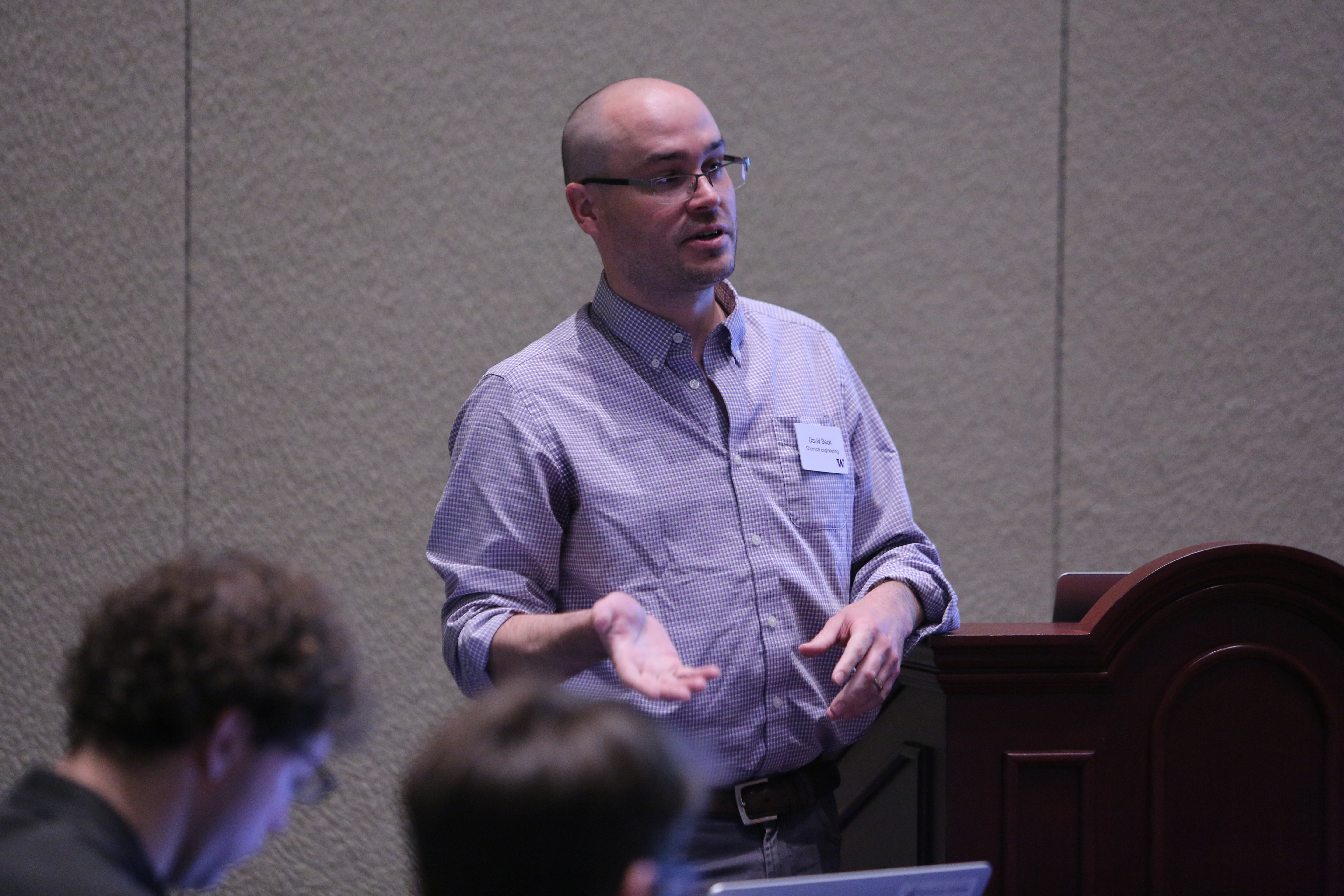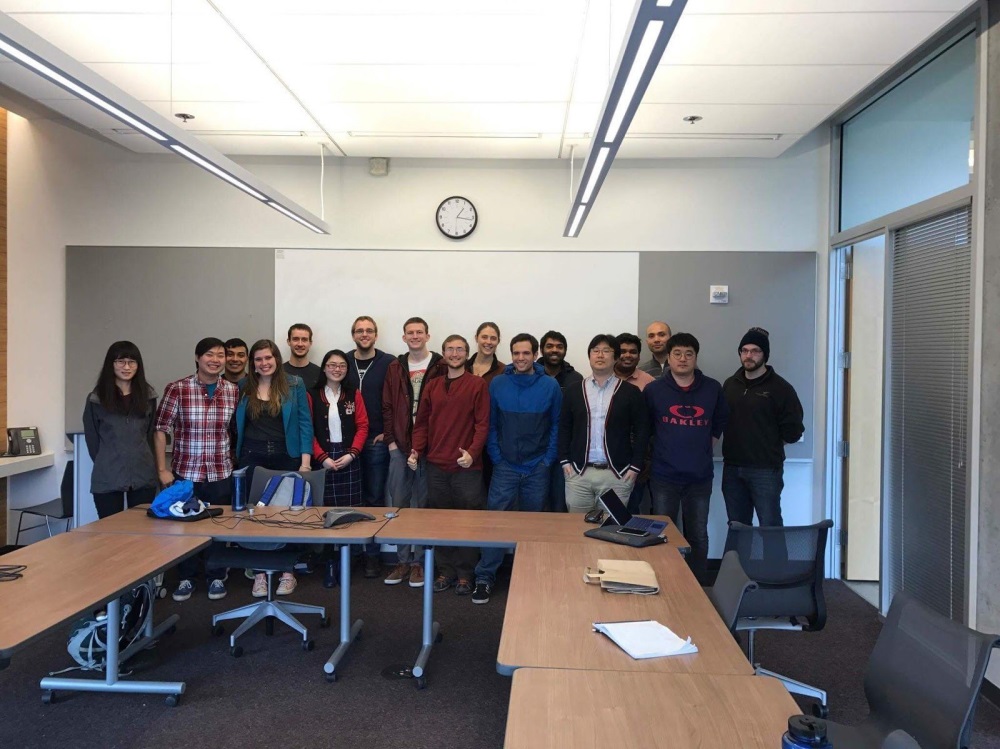ECS Student Member Named Forbes 30 Under 30 in Energy
Battery Informatics is a next-generation battery management company focused on capturing the maximum value of energy storage through software solutions. The company is licensing UW intellectual property to extract the maximum value from these battery assets over the whole battery lifecycle. Just this month, they are flipping the switch on their first customer installation.
During the recent 232nd ECS Meeting, Murbach co-organized the Society’s first ever Data Sciences Hack Day, providing a forum for building and electrochemical data sciences and open source community from the ground up.
(MORE: Listen to Murbach discuss data sciences and battery technology in the ECS Podcast.)
“Hack Day is an opportunity to get people together to build software, learn how to program, and eventually build a community of data science at ECS,” Murbach said. “We’re trying to build a repository for software that people use in their daily lives as electrochemists, except we want it to be open. We want people to contribute to packages that other researchers can use and have the ability to build tools and analysis techniques that are reproducible.”
Additionally, as founding president of the ECS University of Washington Student Chapter, Murbach helped establish a network of young researchers working in electrochemical and solid state science. The group was recently awarded the ECS Chapter of Excellence Award at the 232nd ECS Meeting.
According to David Crane, one of the judges for the Forbes 30 Under 30 list, those selected fit into the following description:
If there is any common thread in my picks, you will see that I have a bias for those who have sought to put together all the elements of whatever endeavor they are engaged in — technological, financial, commercial — more than being strong in just one. I also have a bias towards those who have actually gotten things over the finish line.


